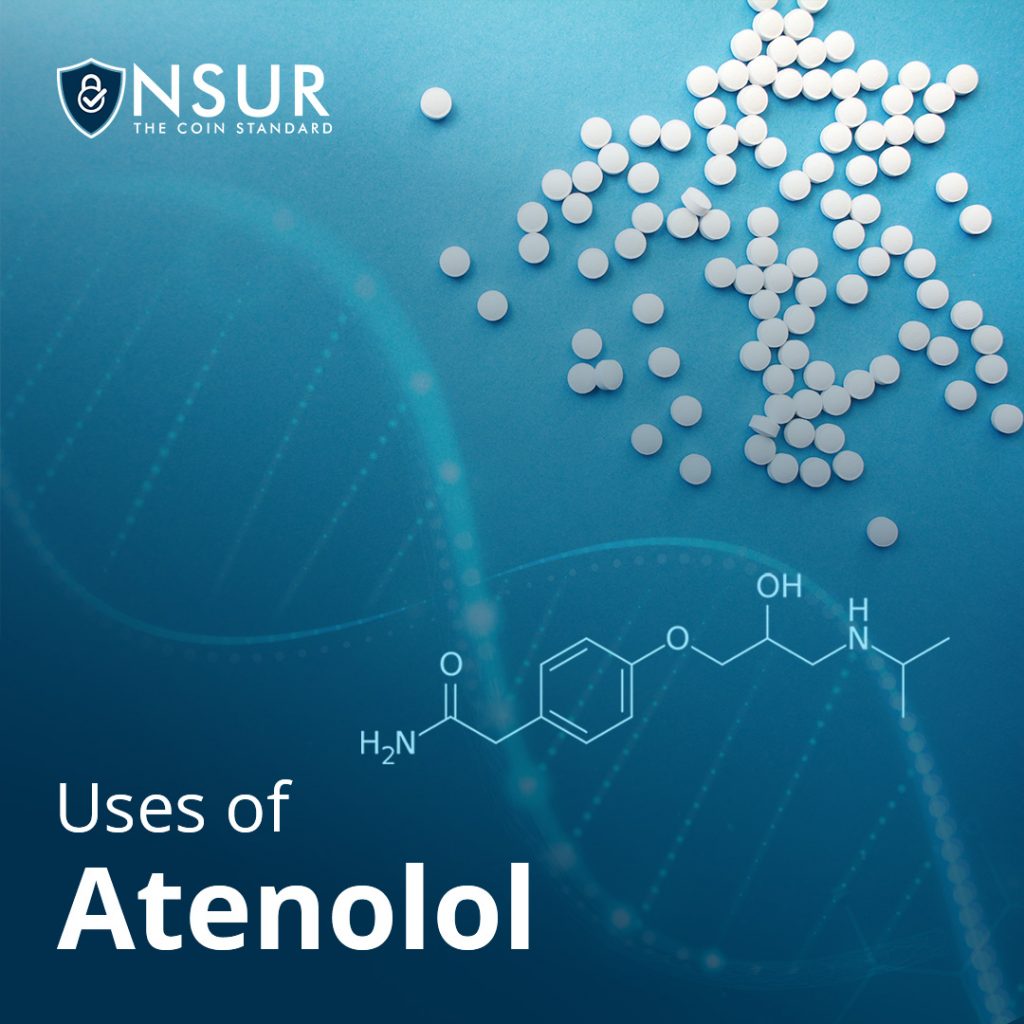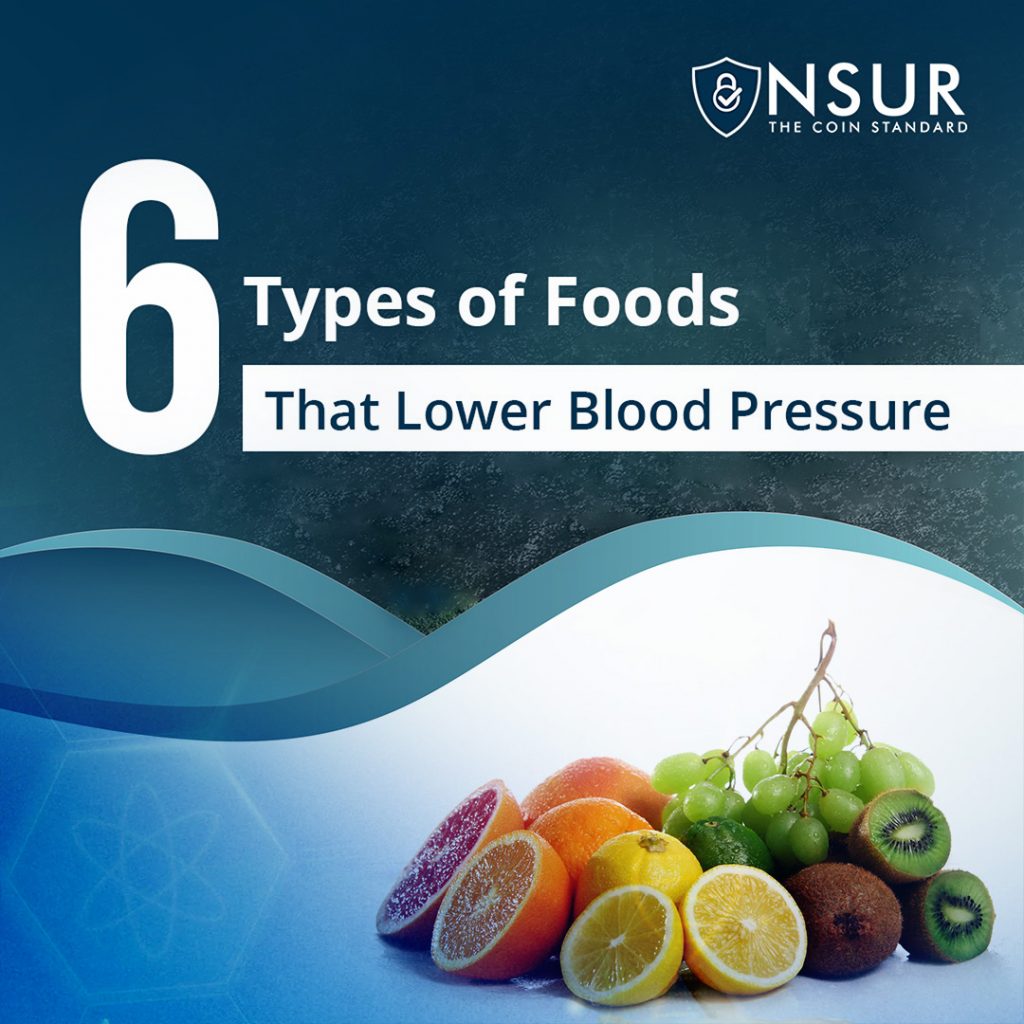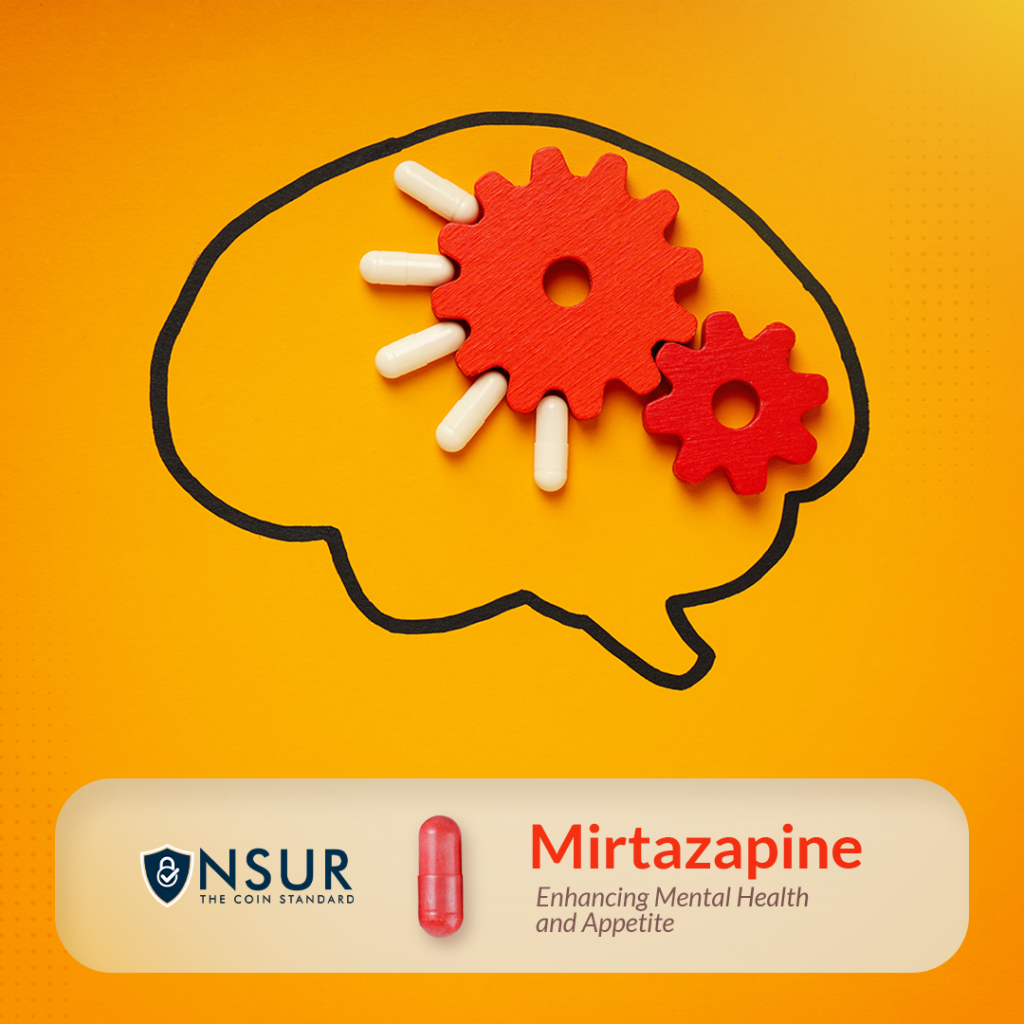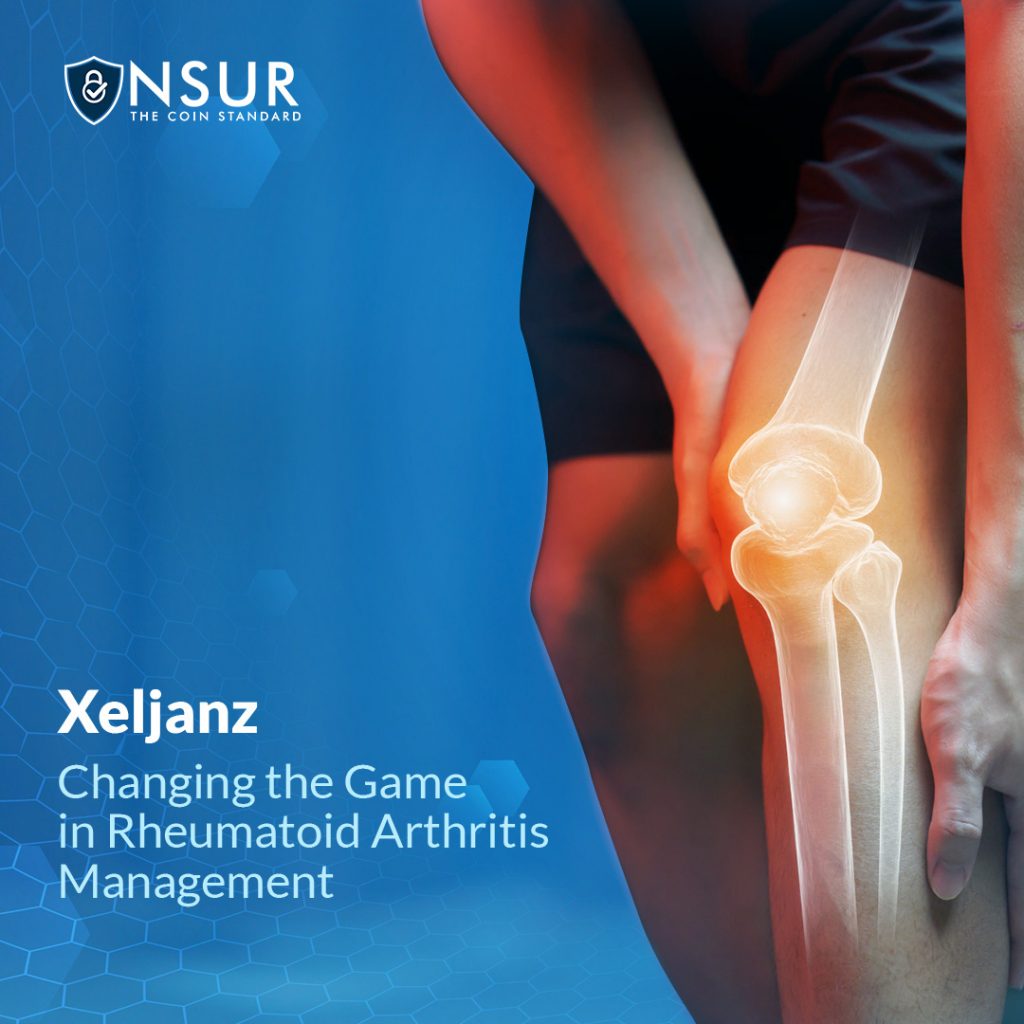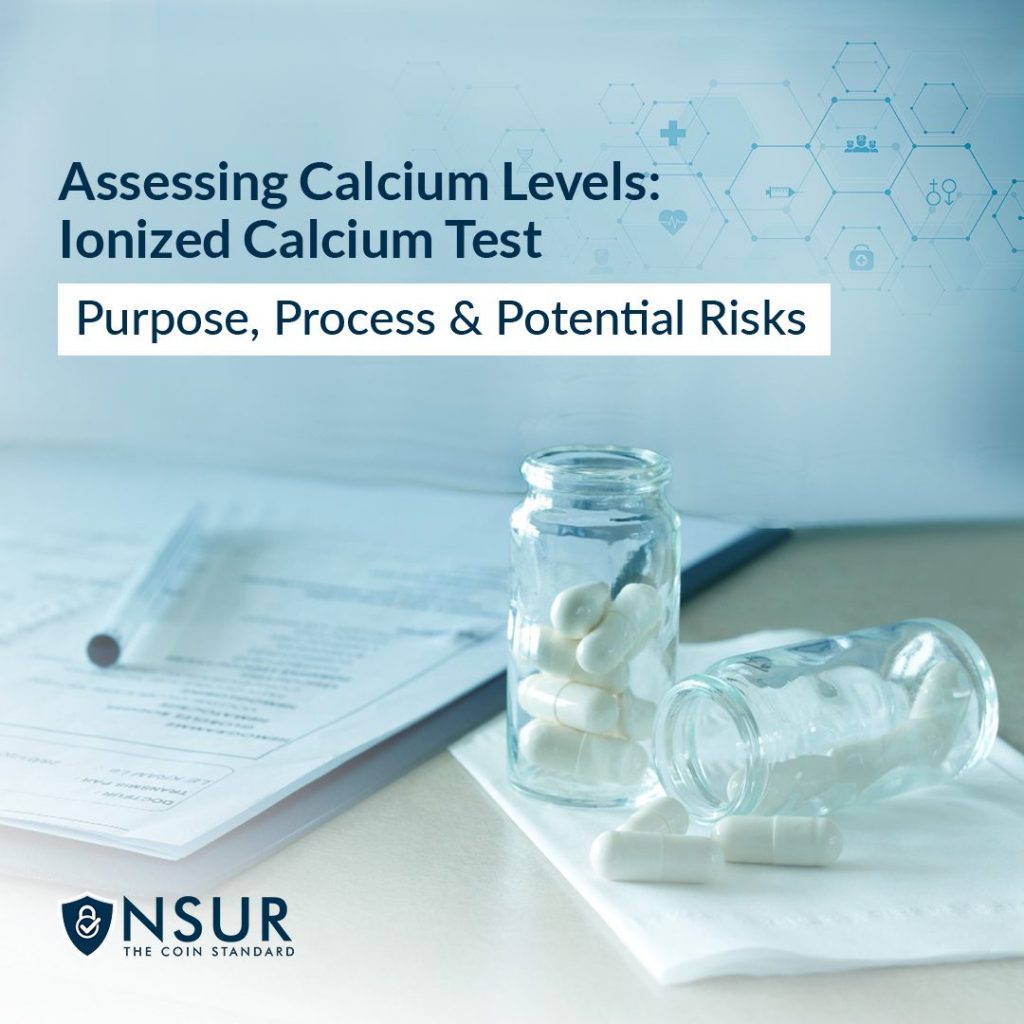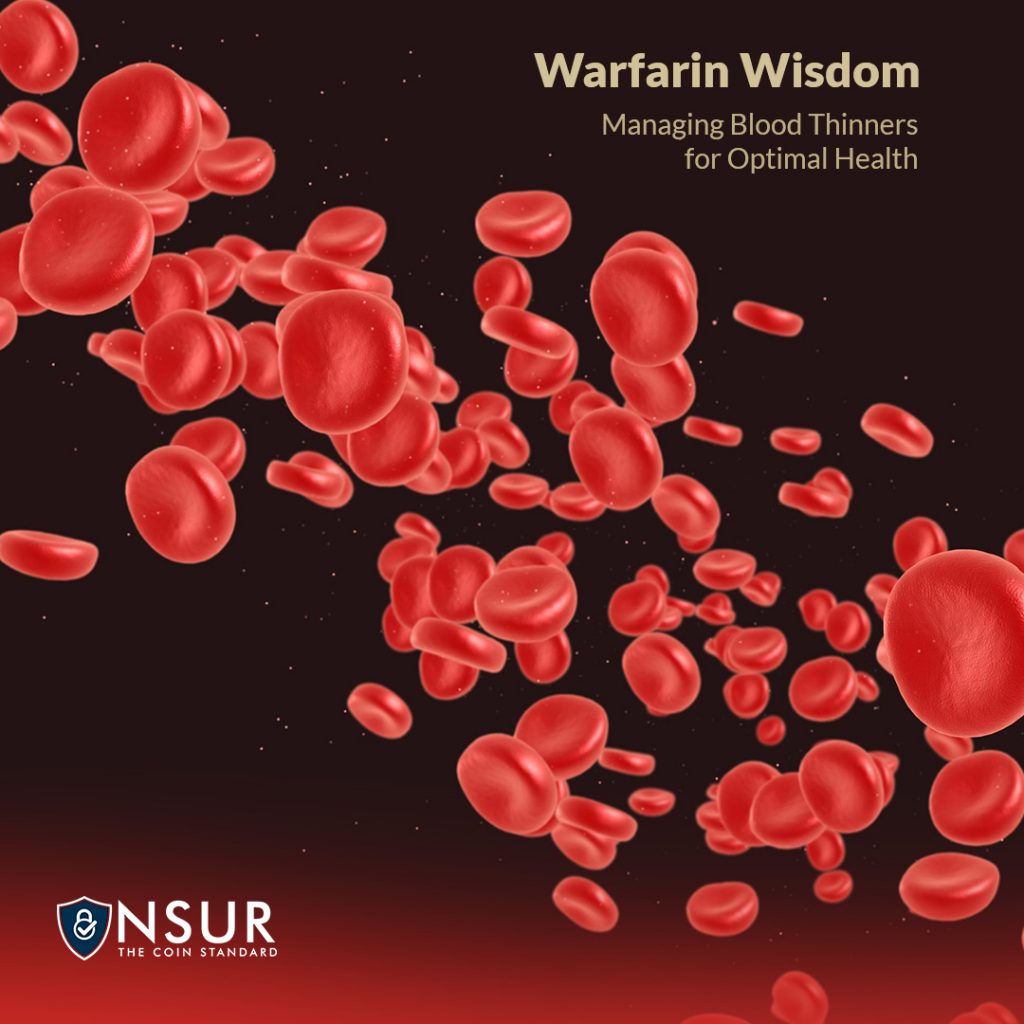
Navigating the complexities of managing blood thinners can often feel daunting. Among these, Warfarin stands out as a cornerstone medication, vital for preventing harmful blood clots that can lead to stroke, heart attack, or other serious conditions. Despite its efficacy, Warfarin requires careful management to ensure it delivers its life-saving benefits while minimizing potential risks. This article delves into essential Warfarin wisdom, offering insights and strategies for those looking to optimize their health while on this medication.
Understanding Warfarin
Warfarin is an anticoagulant, which means it helps prevent clot formation by thinning the blood. It’s commonly prescribed for individuals with atrial fibrillation, those who have had a heart valve replacement, or anyone at increased risk of forming blood clots. While highly effective, Warfarin’s therapeutic range is narrow, and its efficacy can be influenced by various factors including diet, other medications, and even genetic makeup. This necessitates a tailored approach to its management.
The Importance of Regular Monitoring
Regular blood tests, specifically the International Normalized Ratio (INR), are crucial for Warfarin users. The INR helps determine the correct dosage of Warfarin, aiming to keep it within a safe and effective range. Too high, and the risk of bleeding increases; too low, and the risk of clotting does. Regular monitoring, often monthly or more frequently, is essential to adjust dosages and mitigate risks.
Dietary Considerations
Warfarin’s effectiveness can be significantly affected by diet, particularly by foods high in Vitamin K, which can decrease the medication’s blood-thinning effects. Leafy greens like spinach, kale, and broccoli are high in Vitamin K; thus, consistency is key. Sudden changes in the intake of these foods can lead to INR fluctuations. Patients are not advised to avoid these foods altogether but to maintain a consistent intake and communicate any dietary changes with their healthcare provider.
Medication Interactions
Warfarin interacts with many medications, both prescription and over-the-counter, as well as herbal supplements. Some can potentiate Warfarin’s effect, while others can diminish it. Notable examples include antibiotics, antifungals, antacids, and even common pain relievers like aspirin and ibuprofen. It’s crucial for individuals on Warfarin to consult healthcare providers before starting any new medication or supplement.
Lifestyle Management
Lifestyle choices can also impact Warfarin’s effectiveness. Alcohol, for instance, can alter INR levels and should be consumed in moderation, if at all. Activities with a high risk of injury or bleeding should be approached with caution, given the increased bleeding risk associated with Warfarin. Communication with healthcare providers about lifestyle choices and their potential impacts on Warfarin therapy is vital.
The Role of Patient Education and Support
Understanding Warfarin and its management is foundational to its effective use. Healthcare providers should offer comprehensive education on Warfarin, covering its mechanism, potential interactions, lifestyle considerations, and the importance of regular monitoring. Support groups, whether online or in person, can also provide valuable insights and encouragement from those with firsthand experience.
Take advantage of NSURx for your prescription drugs!
With the NSURx Prescription Benefit Card, you can save money on your medications at more than 35,000 pharmacies across the United States.
You can save up to 80% on your medication by using an NSURx card. Hundreds of dollars in savings could be yours every time you fill out your prescription.
The more you shop with NSURx, the more NSUR Coins you will receive as a reward.
Warfarin Wisdom: Managing Blood Thinners for Optimal Health
Navigating the complexities of managing blood thinners can often feel daunting. Among these, Warfarin stands out as a cornerstone medication, vital for preventing harmful blood clots that can lead to stroke, heart attack, or other serious conditions. Despite its efficacy, Warfarin requires careful management to ensure it delivers its life-saving benefits while minimizing potential risks. This article delves into essential Warfarin wisdom, offering insights and strategies for those looking to optimize their health while on this medication.
Understanding Warfarin
Warfarin is an anticoagulant, which means it helps prevent clot formation by thinning the blood. It’s commonly prescribed for individuals with atrial fibrillation, those who have had a heart valve replacement, or anyone at increased risk of forming blood clots. While highly effective, Warfarin’s therapeutic range is narrow, and its efficacy can be influenced by various factors including diet, other medications, and even genetic makeup. This necessitates a tailored approach to its management.
The Importance of Regular Monitoring
Regular blood tests, specifically the International Normalized Ratio (INR), are crucial for Warfarin users. The INR helps determine the correct dosage of Warfarin, aiming to keep it within a safe and effective range. Too high, and the risk of bleeding increases; too low, and the risk of clotting does. Regular monitoring, often monthly or more frequently, is essential to adjust dosages and mitigate risks.
Dietary Considerations
Warfarin’s effectiveness can be significantly affected by diet, particularly by foods high in Vitamin K, which can decrease the medication’s blood-thinning effects. Leafy greens like spinach, kale, and broccoli are high in Vitamin K; thus, consistency is key. Sudden changes in the intake of these foods can lead to INR fluctuations. Patients are not advised to avoid these foods altogether but to maintain a consistent intake and communicate any dietary changes with their healthcare provider.
Medication Interactions
Warfarin interacts with many medications, both prescription and over-the-counter, as well as herbal supplements. Some can potentiate Warfarin’s effect, while others can diminish it. Notable examples include antibiotics, antifungals, antacids, and even common pain relievers like aspirin and ibuprofen. It’s crucial for individuals on Warfarin to consult healthcare providers before starting any new medication or supplement.
Lifestyle Management
Lifestyle choices can also impact Warfarin’s effectiveness. Alcohol, for instance, can alter INR levels and should be consumed in moderation, if at all. Activities with a high risk of injury or bleeding should be approached with caution, given the increased bleeding risk associated with Warfarin. Communication with healthcare providers about lifestyle choices and their potential impacts on Warfarin therapy is vital.
The Role of Patient Education and Support
Understanding Warfarin and its management is foundational to its effective use. Healthcare providers should offer comprehensive education on Warfarin, covering its mechanism, potential interactions, lifestyle considerations, and the importance of regular monitoring. Support groups, whether online or in person, can also provide valuable insights and encouragement from those with firsthand experience.
Conclusion
Warfarin, with its intricate balancing act, exemplifies the precision required in modern medication management. Its effective use necessitates a partnership between patients and healthcare providers, underpinned by regular monitoring, dietary consistency, medication vigilance, and informed lifestyle choices. Embracing these strategies not only optimizes Warfarin’s therapeutic potential but also enhances overall health and quality of life for those it serves. In the realm of anticoagulation, knowledge truly is power, and with the right approach, individuals on Warfarin can lead full, active lives.
Disclaimer
This blog post is intended for informational purposes only and should not be considered a substitute for professional medical advice. Always consult with a qualified healthcare provider for personalized recommendations and guidance.

